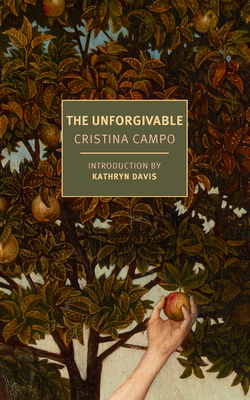What do you think?
Rate this book


288 pages, Paperback
First published January 1, 1987




In the long run, damage to the aesthetic sense cannot fail to do harm to the moral sense as well.
In poetry, as in relationships between people, everything dies the moment any sign of technique rises to the surface. The true education of the mind has never had any other end since the world began but the death of technique…
What does any examination of man’s condition come down to if not a list—stoical or terrified though the list-maker may be—of his losses? From silence to oxygen, from time to mental equilibrium, from water to modesty, from culture to the kingdom of heaven. And there really isn't much to offset the horrifying catalogues. The whole picture seems to be that of a civilization of loss, unless one dares to call it a civilization of survival, since, in such a postdiluvian condition, dominated by immoderate and universal indigence, a miracle cannot be ruled out: the survival of some islander of the mind still capable of drawing up maps of the sunken continents.
Alien landscapes seem to bear some resemblance to our first gardens, valleys, and forests; and the fairy tale is made flesh in the meshwork of symbols, the realm of emblems, that immediately inaugurates significant events. Instantly, the web of correspondences and the magnetic quality of objects have become talismans, charms, blazons. [...] It all unfolds like a scroll from a mouth known yet unknown, a dark and luminous sentence, an irrefutable commentary set down between past and future. . . . Such was, perhaps, in the morning of the world, the healing dream dreamt by Asclepius. But will we enter those rooms? Those shadowy recesses we have awaited so long? Most of the time we won’t get beyond the threshold. We won’t get beyond the veil of leaves that glisten in the sun like tiny fish in a veil of water. And this time too—does it need to be said?—it’s not the dream that stops us, much less waking up; it’s the non licet of surplus plenitude, the almost mortal happiness of seeing without possessing.
The dawning of enlightenment is like a lotus opening or a dreamer awakening. It isn’t possible to predict the end of a dream; when the dream is over, we wake up spontaneously. Flowers don’t open when they are expected to open; it will happen when the time is right. No one arrives at the enlightenment he sets out to seek. It will come to him in its own sweet time.
The idea of travel, effort, and patience is paradoxical, yes, but it is also exact. For in this paradox, we stumble on the intersection of eternity and time: the form must willingly destroy itself, but it cannot do so until it has achieved perfection.
What is myth if not a representation of destiny in which nature plays so integral a part that, when the landscape is condemned, myth is condemned also? From its rings come dreams, the apparitions that the abyss, the caves, the waters, the full moon, and the coils of the wind weave around the mysteries and spells that the very spirit of the language draws from the ancient symbols of piety and horror.